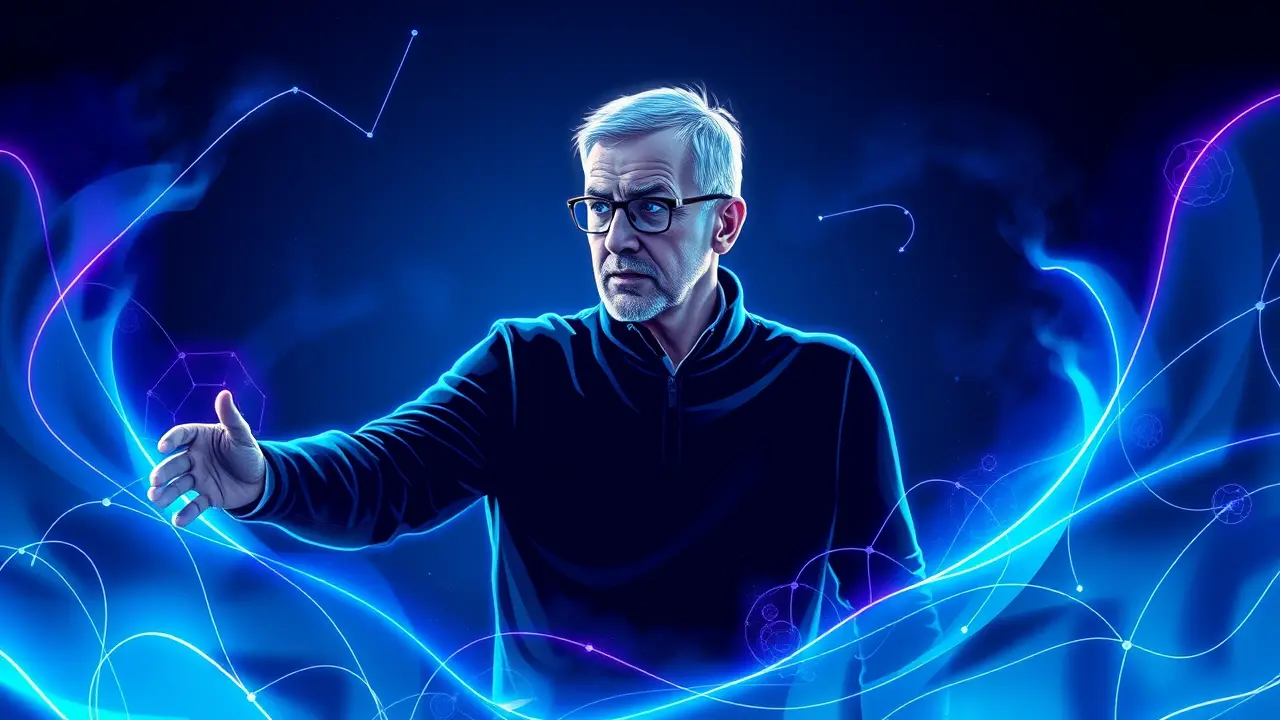Byshovets on Ukraine conflict: Two close peoples need peace.
For Anatoliy Byshovets, the legendary Soviet footballer who once masterminded the USSR's 1988 Olympic gold medal campaign and later helmed the Russian national team, the current conflict between two nations he has called home represents a profound personal tragedy, a sentiment he shared with the quiet anguish of a man watching his life's work unravel. 'For me and my wife, for my children—this is a great misfortune,' Byshovets stated, his words carrying the weight of a career built on fostering unity through sport.'Here we must speak of the grief that two very close peoples are experiencing. ' This isn't just political commentary from a retired coach; it's the lament of a footballing intellectual who, like the great Johan Cruyff whose philosophy he often admired, understands that the beautiful game is a reflection of society itself, and when society fractures, the pitch becomes a painful reminder of what's lost.Byshovets, whose tactical acumen was once compared to the strategic depth of a chess grandmaster, now finds himself analyzing a geopolitical match with no winners, where the goals scored are measured in human suffering and the final whistle seems agonizingly distant. His call for peace—'Today, more than ever, we need peace, which will open up opportunities for football as well'—is a powerful testament to sport's role not as an escape from reality, but as a potential bridge back to it.One can't help but draw parallels to the famed Dynamo Kyiv teams of the 1970s and 80s, where players from across the Soviet republics, including a young Byshovets himself in domestic competitions, created magic that transcended borders, their intricate passing moves a metaphor for a cooperation that now feels like a distant memory. The current war has shattered such sporting bonds, with Ukrainian clubs forced into exile and Russian teams ostracized, creating a void in the continental football landscape as significant as the absence of a key playmaker in a Champions League final.The data is stark: the Russian Premier League's coefficient has plummeted, its clubs banned from European competition, while Ukrainian football operates under the constant shadow of air raid sirens and displacement, a brutal statistical reality that underscores Byshovets's point. For a man who dedicated his life to developing talent and fostering competitive spirit, seeing the pipeline of young players from both nations disrupted—their development stunted not by poor coaching but by the horrors of war—must be a particularly sharp blow.The path to peace, as Byshovets implicitly argues, is the only play that can reset the formation, allowing for a future where a new Shevchenko or Arshavin can emerge not from a place of conflict, but from a renewed sense of shared purpose on the training ground. It’s a poignant lesson from a football sage: that sometimes the most important game isn't played on the grass, but in the arduous pursuit of a common goal far beyond the touchlines.
JA
Jamie Lowe123k2 days ago
wait what data supports the claim that the pipeline of young players is actually disrupted tbh i'd need to see those numbers
0
JA
Jamie Larson123k2 days ago
wow this is so sad tbh i never knew sports and politics got so mixed up like this
0
JA
Jake Morrison123k2 days ago
man this is just so depressing tbh, what a waste
0
